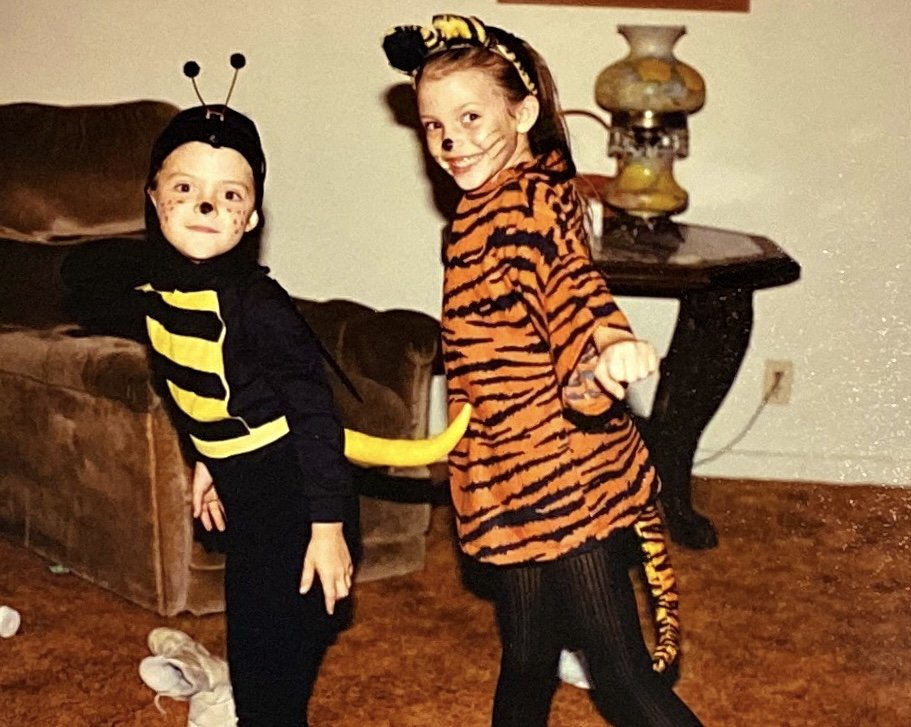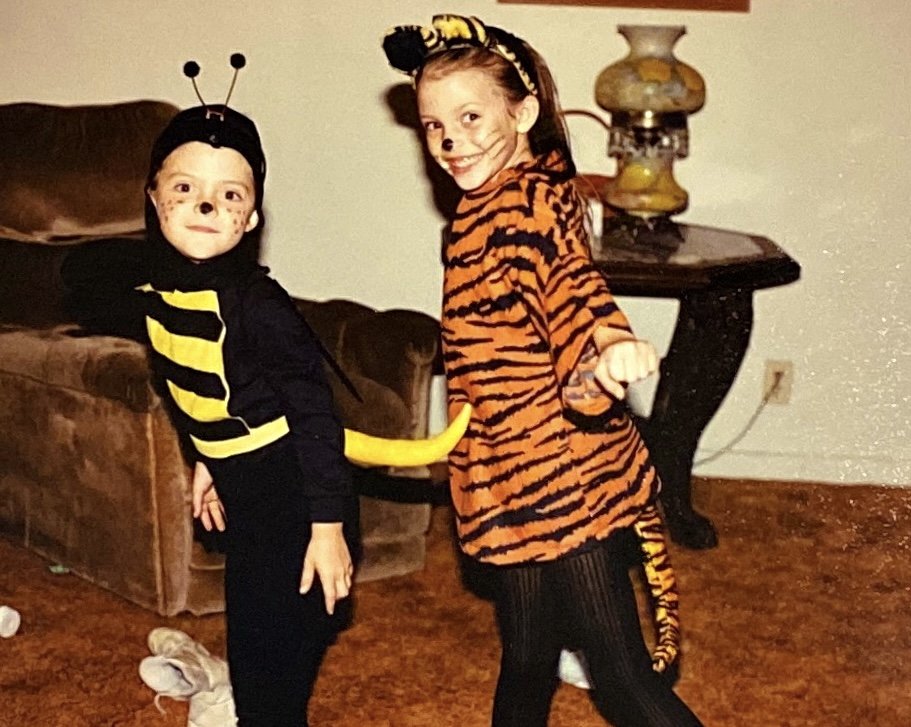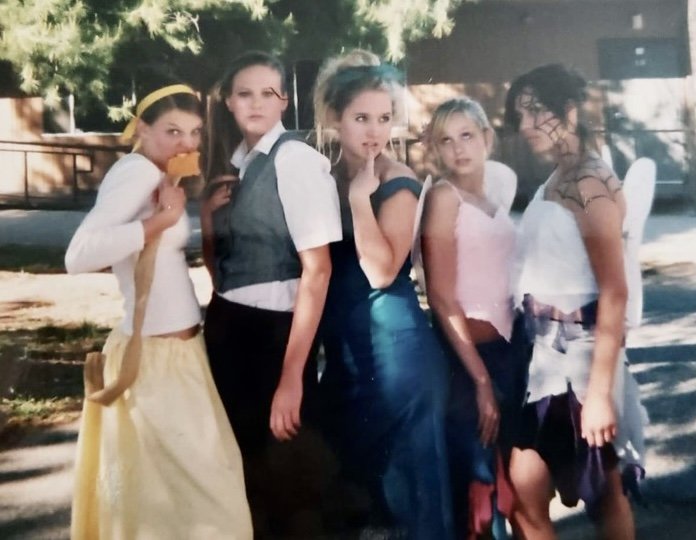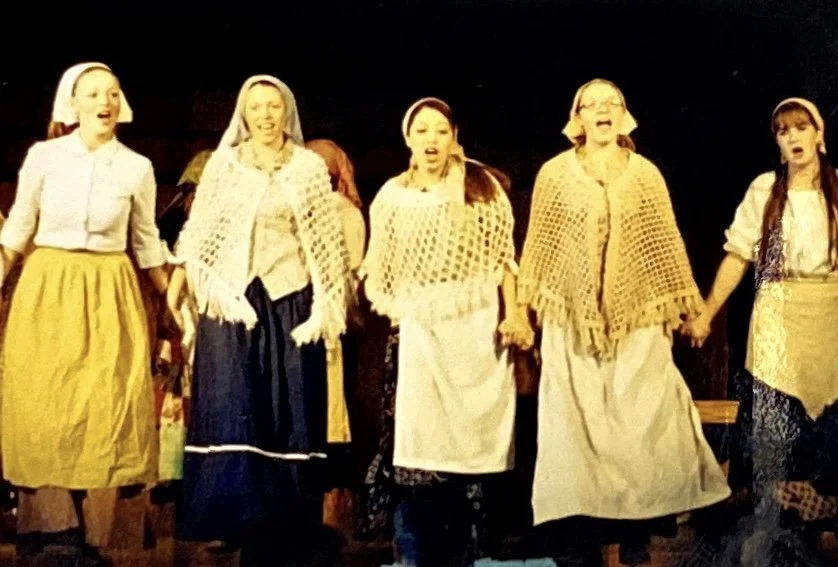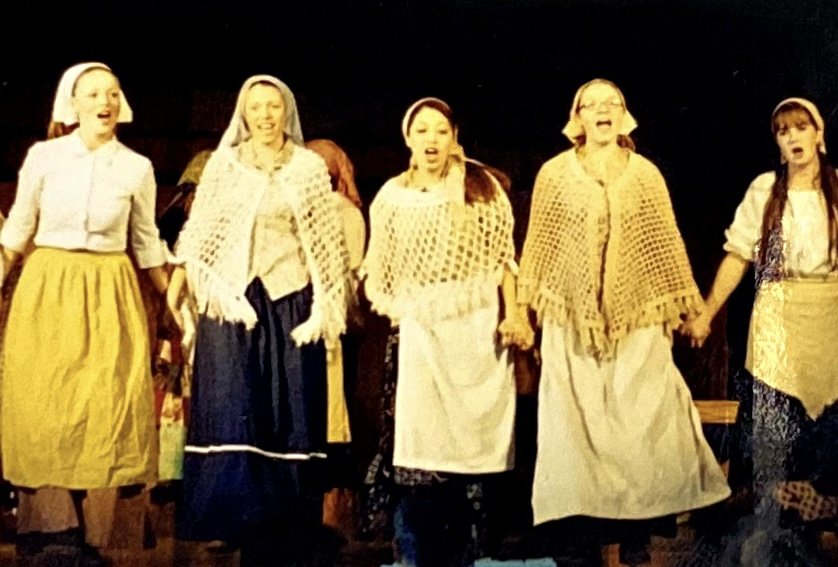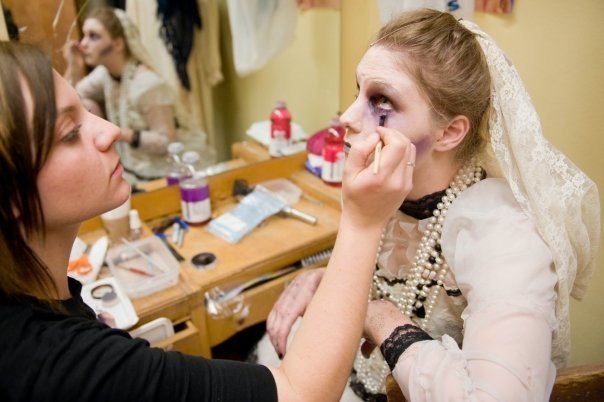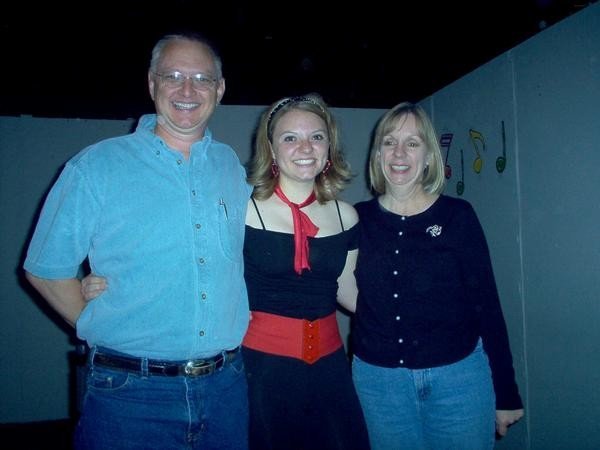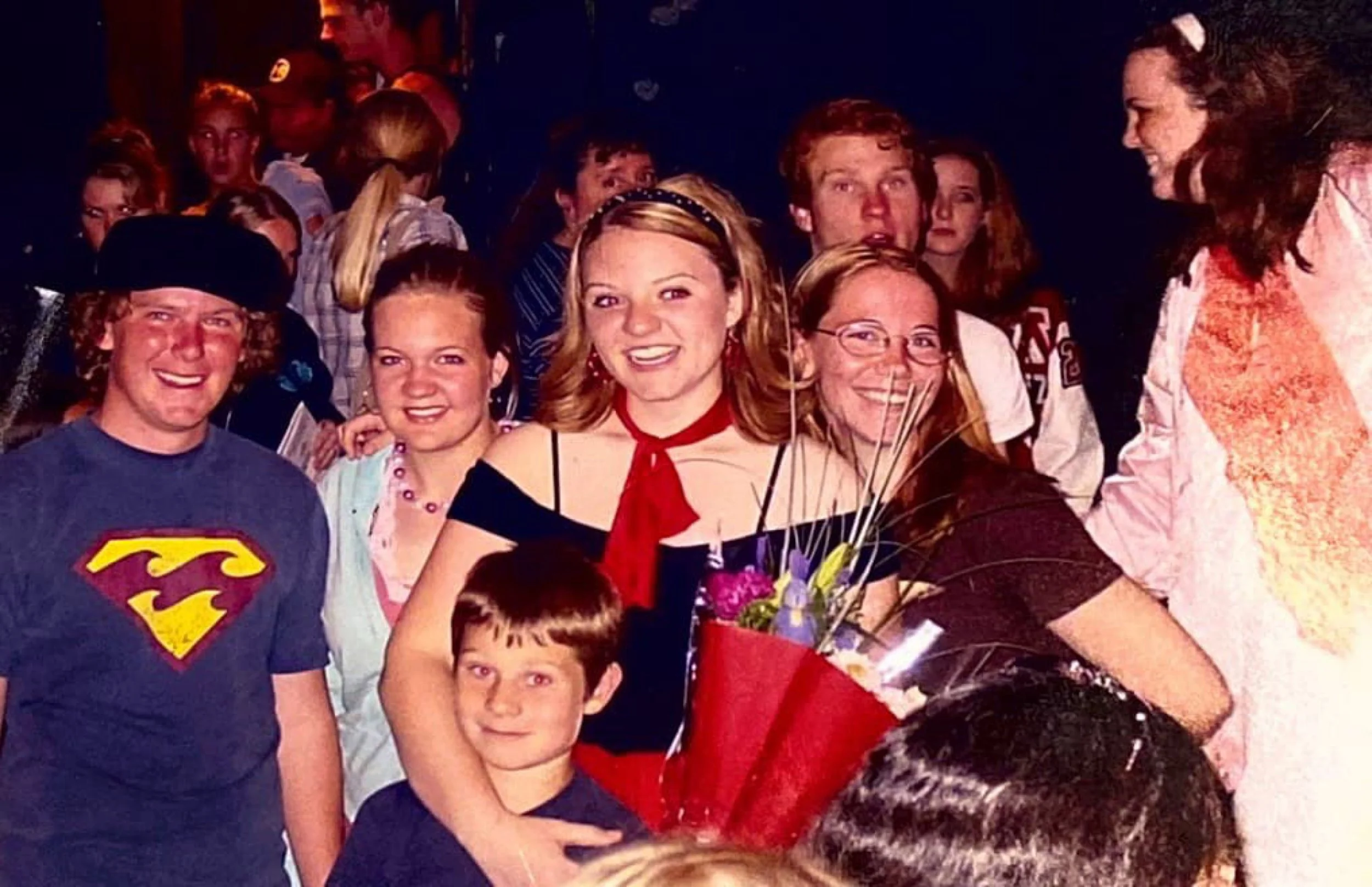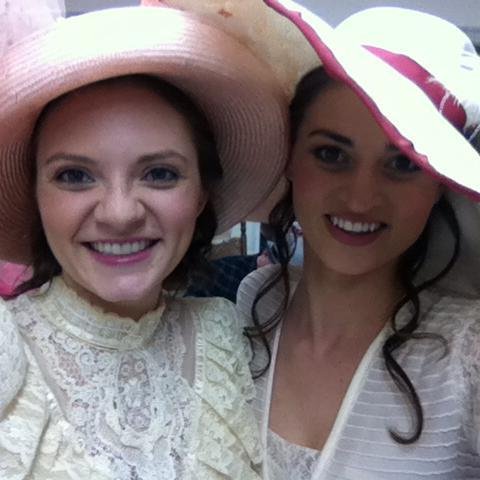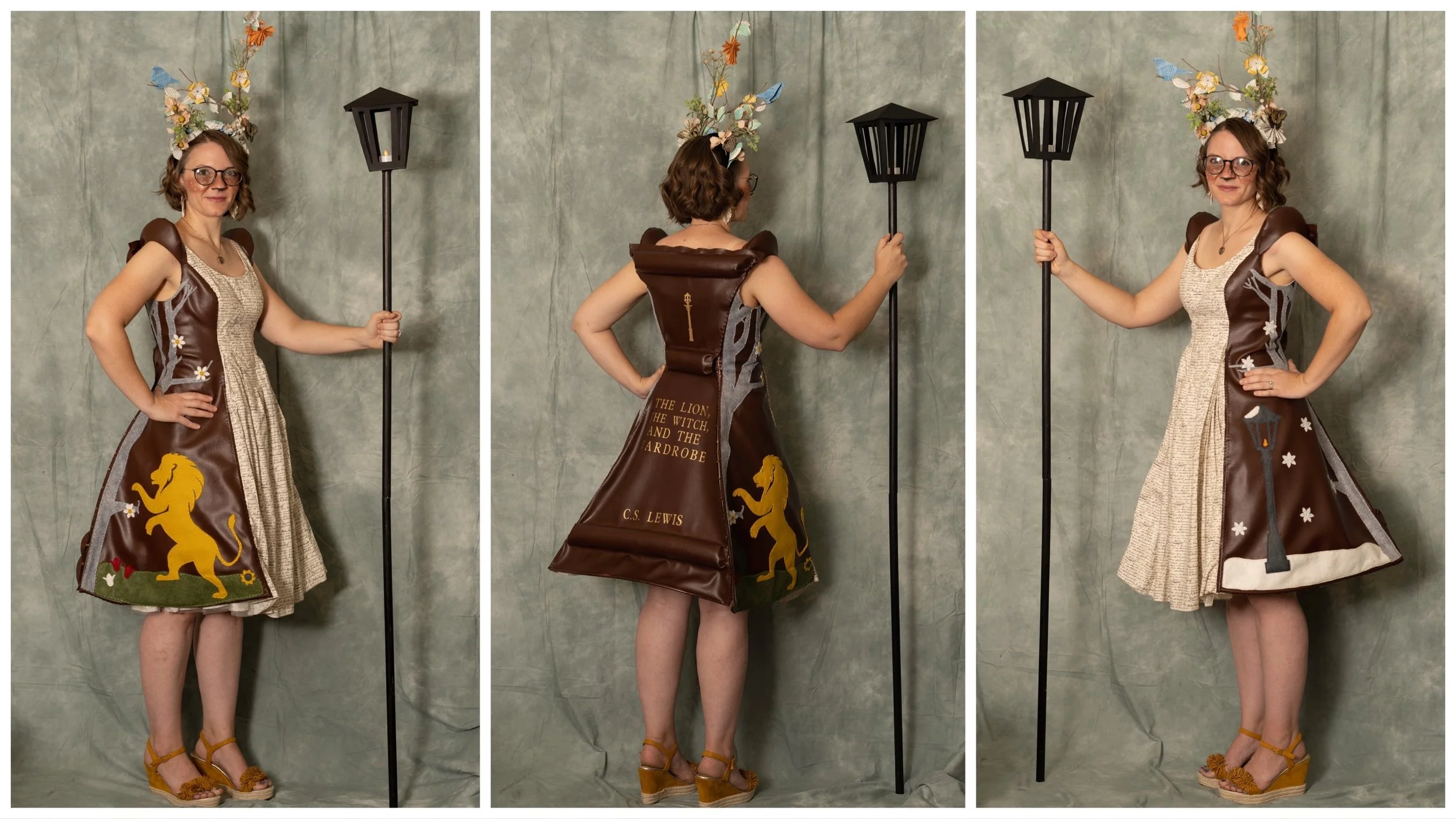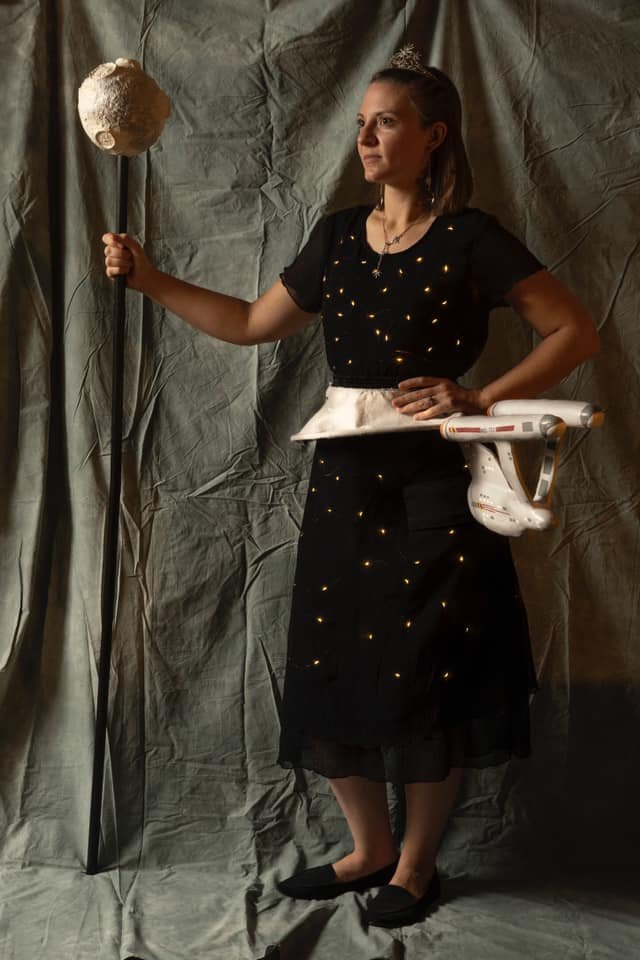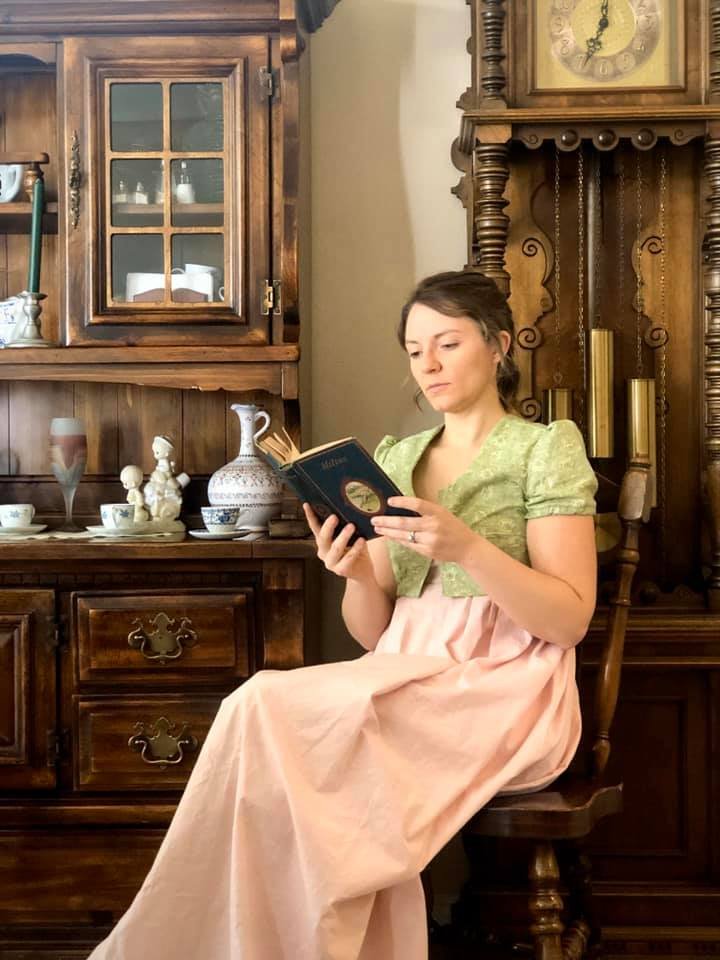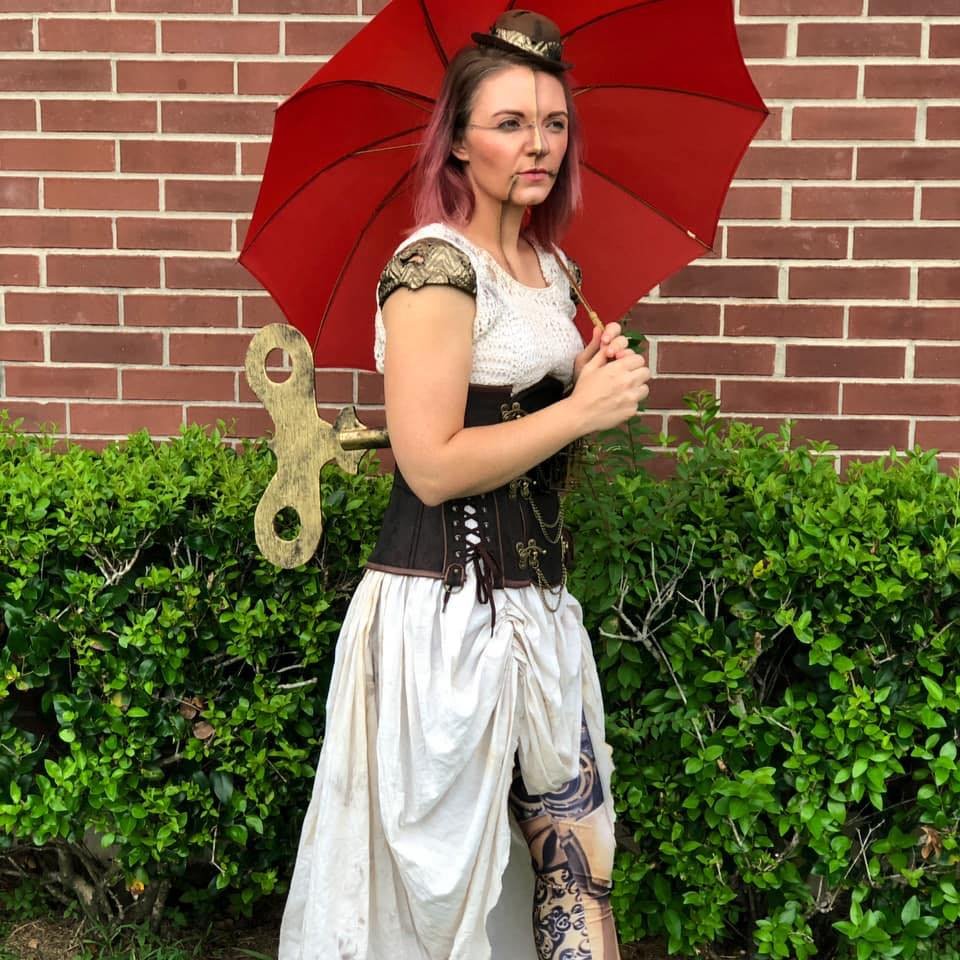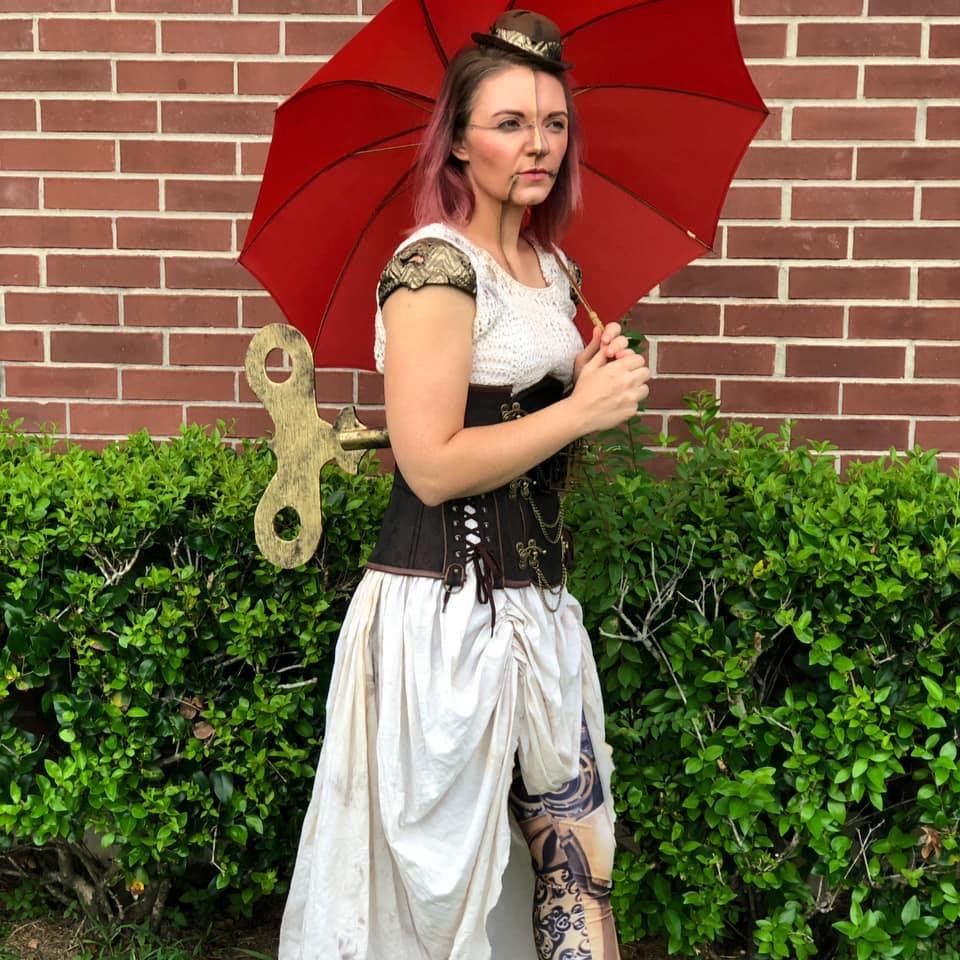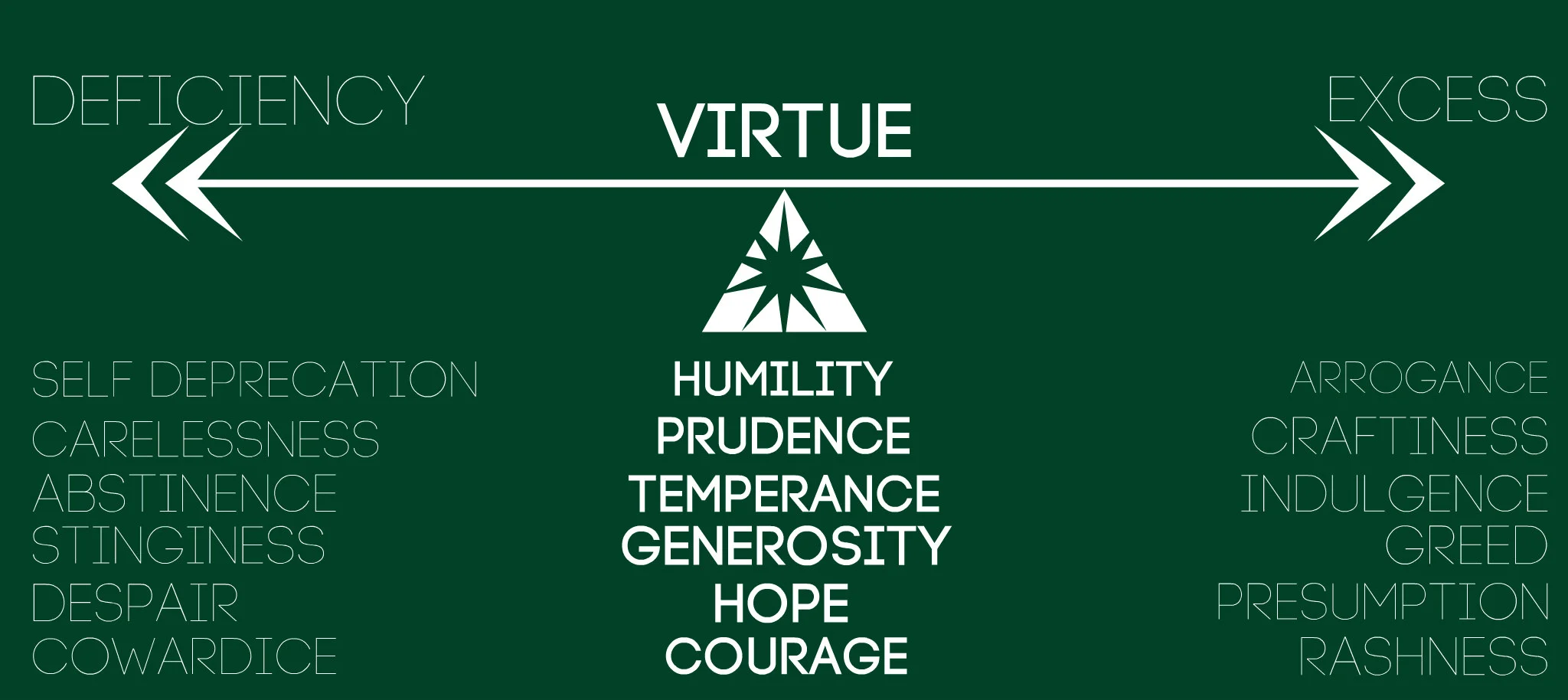“I will heal their apostasy; I will love them freely, for my anger has turned from them.” Hosea 14:4
The military hover jet cut through swirling snowflakes, rocking against gusts of wind like a cradle. Full cargo nets hanging from the dark walls clanked, metal on metal. The sharp noise stabbed at Miren’s ears just as the wintery air bit into her bare arms. With every sway of the black aircraft, cuffs dug into bruised wrists. She cringed.
“Too tight?” The voice was almost too quiet to hear over the roar of the thrusters.
Miren glanced up, gaze locking with General Dalton. While his tone was filled with concern, his grey eyes were amused, even mocking. That wasn’t surprising. He’d gotten exactly what he wanted when he found her in that hostel with Kael.
Matthias would never marry her now. Not only was she defiled, but she’d chosen this. Bile rose in her throat.
“You know they’re too tight, General. You made them that way on purpose.”
Dalton tsked, still smiling. “I don’t need to hurt you, Miren.” He leaned in close enough that the guards standing on either side of her couldn’t hear. His breath smelled of rancid coffee, but she didn’t pull away.
“You see,” his eyes bore through her, “I knew you would betray him. I planned it that way.”
Her veins filled with ice. “You… what?”
“What is that saying? Like a dog returning to its vomit?” He spit on the glossy metal floor, and the nearest guard adjusted his stance. “You’re so predictable. The king may have plucked you out of that little nest of filth to be his bride, but that can’t change who you really are.”
“And who am I?” Miren’s voice warbled and not from the cold. Did this man, this hateful general, know exactly who she was—and wasn’t? It was as though he could peer through her flesh into a soul that looked nothing like it should. Nothing like Matthias deserved.
“No one.” All laughter was gone from his face. “You are no one. And now you’ve proven it for me. All I had to do was present you with the chance to run back to that man’s bed. The hangar unguarded, hover wide open, passkey encoded, autopilot enabled. And you showed up like a moth to a candlestick.”
Miren swayed, vision blurred. She pulled against the cuffs to keep herself from slipping from the icy, unforgiving bench. Head hanging, she stared down at the linen dress she’d worn while fleeing the towers yesterday. Once white—a ridiculous attempt to blend in with the snow—the fabric was now stained with mud.
She imagined what the scene in the street must have looked like to onlookers—guards extricating the king’s bride-to-be from a reeking hostel in the Fourth Quarter. The crazed woman fighting against her captors, only to fall into the melted snow in the gutter. Then the guards dragging her the rest of the way to the hover jet by her handcuffs.
She couldn’t meet his eyes this time. Dalton knew her far too well. One more look from him would shatter her.
“Why?” she asked.
A genuine laugh burst from his mouth, and he didn’t attempt to mask it. “I suppose it won’t matter if you know the truth. Once Matthias throws you back to your beau in the Fourth, no one will believe a thing you say.”
At the scent of old coffee and Dalton’s warm breath against her ear, Miren clenched her jaw until her temples throbbed from the pressure.
Dalton sniffed. “I care nothing for Matthias and his counterfeit virtue—”
“It is not counterfeit!” Miren spat. “How dare you speak of him like that!” If Dalton could see through her so well, how could he so grossly misjudge his king? Perhaps he only understood her because the two of them were more alike—more deceitful than Matthias had ever been.
Her head swam, and she tried to adjust her position. But the cuffs only dug deeper into her flesh. “He is a thousand times the man you will ever be.”
“It matters not. I have other plans for him regardless, and you’re not part of them.”
He leaned away, a smirk dancing across thin lips. If she hadn’t been cuffed to the bench, Miren would have slapped him.
“What plans?”
“Now that is none of your business.” The self-satisfied smirk lingered, then grew. He must know how it irked her. “But tell me, Miren, is Matthias one thousand times the man Kael will ever be?”
She recoiled and stared at her stained lap. A tendril of brown hair flaked in mud fell in front of her face.
Of course he was better.perfection, if that was possible. Yet before she’d ever met the king, Kael had been untouchable. Always having the pick of any girl in the Fourth, he would never have looked at her twice. Not until Matthias made her what she was. Only then did the encrypted messages appear. Even knowing she was to marry a man beyond all her most fantastical imaginings, the temptation to prove she was favored above all other women in the Fourth had been too great. As soon as Kael made the offer, she found herself stealing a royal hover and flying back to her home quarter.
Had Dalton also given Kael access to her personal device? Perhaps encrypted the messages himself? Kael hadn’t ever been good with technology.
Did it even matter? She still made her choice. When offered the hand of a king, she chose the bed of the one man who’d never thought her worthy of him before.
Filthy Fourth.
Her stomach cramped as though a creature was shredding her from the inside out. She bowed her head, cuffs cutting into her skin. Perhaps Matthias would be merciful and kill her instead of sending her to prison or back to the Fourth. Death would hold so much less shame.
The hum of the thrusters dulled, and the hover dipped lower. Through the blizzard, Miren caught glimpses of the towers—a soaring cliff face terraformed into a grand, stone palace. The spires of each tower reached into the blanket of storm clouds overhead.
She tried to draw breath, but it wouldn’t come. Dizziness descended, and she attempted to blink the fog from her mind.
A minute later, the thrusters died. The hover jolted to a stop in a cold, grey hangar. The hatch opened with a gush of hydraulics, and the general exited without a backward glance. No doubt he was in a hurry to report her betrayal to Matthias and witness its consequences.
The guard to her left moved from his statuesque position and uncuffed her long enough to free the chain from the bench. He refastened it, ignoring her cry when the metal cut into her skin once more. Then he shoved her out the door.
She’d been so pleased to see this room only yesterday. But today it loomed over her defiled form, shrinking with every passing second, threatening to crush her as she deserved.
Each breath came quicker, and her chest constricted. With the hangar door still closing, the frigid wind bit into her cheeks, now wet with unchecked tears.
The guards marched her through the door and into the wide hall beyond. The change in atmosphere and temperature was striking as always—from cold grey stone in the hangar to heated white and silver marble floors and walls. Overhead, the ceiling was painted to look like the night sky with glistening metallic stars. As suffocating as the hangar had been, Miren preferred it. The main palace, surrounded by shining white surfaces and glittering stars, spoke only of how unworthy she was of this place.
They stopped outside the king’s hall where he often met with delegates. Miren began to hyperventilate in earnest. Her body dragged against the grips of the two guards.
Don’t faint. Don’t faint.
“I can’t….” she muttered. But the doors swung inward against her wishes.
There, at the other end of the hall, Matthias faced away from her. He stood tall, spine rigid, and hands clasped beneath a thick, navy cloak that brushed the shining floor. His black hair was slightly mussed—the only sign he might be in distress.
He didn’t turn when she entered with her guards. Instead his focus stayed locked on Dalton. The general looked at Miren when she stumbled into the room. But despite the attention he gave her, his lips never stopped their frantic whispering to the king.
Dalton would tell him all. He would tell him every last detail of what she’d done. Not only that she’d stolen a hover, but precisely where he’d found her and in whose arms she’d been sleeping when he forced his way into the room. He would tell him how she fought back when they dragged her from the hostel.
What had Matthias’s face looked like when he first heard of her betrayal? Perhaps his lips had curled in disgust. But, no… that expression belonged only to men like Dalton. The king would grieve, then thank God he’d escaped such a woman.
Her stomach cramped again, and she cried out. The guards let her fall to the ground at their feet. Her body convulsed, and she sobbed, face pressed to the floor.
Heavy footfalls started toward her from the end of the hall.
“You may go.” Matthias said. Even pitched so low, his bass voice reverberated around the chamber. Miren savored the sound, knowing this would be her last opportunity to listen to its melody.
The guards marched from the room, leaving Miren alone with Matthias and Dalton. For a long moment, the only sound in the room was her gasping breath and uncontrolled sobs.
I’m sorry.
She opened her mouth to say the words, but it didn’t come. He deserved so much more than any apology she could ever offer.
Miren lay at his feet, dress stained, hair matted in mud, and wept onto his boots. Her sorrow was all she had left to give him, and even that was not enough. Even this grief was not as deeply felt as she knew it should be. If only she could feel the true weight of it, perhaps that would be worthy of him. Yet if she could ever really understand its gravity, her sin would crush her to death.
“Shall I prepare a cell as she awaits trial, Your Grace?” Dalton’s tone was unwavering. Perhaps he didn’t want the king to know how much he was enjoying himself.
But Matthias didn’t respond. His cloak whispered, and Miren glanced up. The king knelt on the ground before her. Tears pooled on his lashes. The straining of his jaw, the tilt of his head spoke of a grief she could only wish to feel.
All because of what she’d done.
How could someone so good feel so much pain?
“Majest—” Dalton’s voice faltered.
“Silence.” Although his words were for the general, Matthias’s eyes never strayed from Miren. “Who has the power to throw this woman in a prison cell but myself?”
“No one, Your Grace,” Dalton murmured.
Matthias’s gray eyes lingered on Miren’s muddy clothes and hair. His gaze singed her skin from top to bottom, as though his scrutiny was enough to slice her in two. But instead of blood, black sludge would pool where she knelt.
The king knew her just as Dalton had. But did he hate her the same way?
“Miren.” His voice warbled, and his expression pleaded with her.
“I’m so, so sorry.” A fresh wave of sobs wracked her body. “You deserve so much better… and I’ve only brought shame on you.”
Matthias shifted, grazing the knife on his belt. Miren waited, sobs subsiding, for him to grasp the handle, to pull it from its sheath. Instead, one of his warm hands gripped her frigid wrists while the other unlocked the cuffs still binding her. They clinked as he set them on the floor beside him.
Dalton sucked in a sharp breath, and his shaking hands balled into fists.
She looked to Matthias. “What are you doing?”
No doubt the general was wondering the same. She could feel his hatred pulsing outward like a beacon in a snowstorm.
Without a word, Matthias pulled Miren to his chest and held her there. She gasped. A murmur in the back of her mind told her to embrace him, but she held back.
“Your Majesty! This woman is a crown traitor! She stole—”
Miren pressed her ear against Matthias’s chest so his heartbeat would drown the general’s words.
“You will hold your tongue.”
“Please, My Lord.” Dalton’s tone turned to pleading. “Why do you not send her away? She has admitted that she is not worthy of you!”
“I have decided that this woman will bear my name. I will not be so easily swayed. Now leave us.”
Miren looked up to see the resolve in the king’s countenance.
Beside them, the general’s skin turned a deep red. “I can’t stand by and let you throw yourself away on this… whore.” Spittle flew from his mouth. “She has already caused more trouble for you than her whole quarter is worth!”
Matthias stood, pulling a silver knife from his belt. He grabbed the front of the general’s cloak before holding the edge of the blade near the man’s throat. “You are treading on dangerous ground, Dalton.”
The general’s feet shifted, but he didn’t try to back away. Miren could hear the growing desperation in his voice as Matthias refused to play into whatever plans Dalton had brewing.
“You must have her stand trial, Highness.”
“General,” Matthias’s tone was unwavering. “You forget your place. Shall I call the guards back to throw you into a cell?”
Why didn’t Matthias listen to the general’s counsel? For once, she agreed with it. What she’d done deserved a prison cell.
Dalton huffed and glanced at Miren. Matthias rested the blade against his skin but did not draw blood.
“Don’t get too cocky, Miren,” Dalton continued as though Matthias wasn’t holding a knife to his throat. “He may be ready to take you back, but the people won’t be as smitten with you when they find out what you’ve done. I will take my leave.” With one last savage glance at Matthias, the general clicked his heels then marched away.
“I will deal with you later, General. Do not go far.”
Dalton turned, dipped his head, then left. The doors slammed shut behind him.
Matthias sheathed his knife and knelt once more. Miren sniffed, and pressed her face into his chest. Moisture from her nose and eyes soaked into his cream-colored shirt. He smelled of mint sprigs, reminding her of chewing on the fresh leaves as a child.
“I forgive you.” The words thrummed inside his chest.
She clenched fistfulls of his shirt in both hands, hardly daring to believe him. “Why would you do that for me?” She leaned away and wrapped her arms around herself.
“I do it for me, because you are precious in my sight,” his gray eyes studied her face, “and honored….”
She shook her head, opening her mouth to argue. But Matthias cut her off by pressing his forehead against hers. Miren’s breath caught in her throat.
“And I love you.”
“But you shouldn’t!” She tried to pull away, but his arms only tightened around her. She beat a fist against his chest, but his grip didn’t loosen.
“Miren,” his tone chided her, “how can I give you up? I’ve made you a promise, and I won’t break it.”
“What about what I want? I can’t stand being with you knowing I don’t deserve your mercy.” She tried once more to free herself before giving up and cradling her face in her hands.
“If you deserved it, then it wouldn’t be mercy. Do you really desire to return to the Fourth?”
Her stomach roiled, and she swallowed back acid. She would never go back there again. But what else could she do? Stay here and let this man simply forgive her for cheating on him with a fool like Kael?
“Please, Matthias. I can’t.”
“Let me help you then.”
“You? You’ve never done anything like this before. You can’t know….”
He shook his head. “I know you. I chose you.”
Matthias reached up and unclasped the fastener on his cloak. The heavy material fell from his back. Two large hands took hold of the cloak and threw it over his bride-to-be. He settled it around her shoulders.
She peered into his face and held her breath. The thick fabric was still warm. As she stared at him, the heat seemed to thaw her from the inside out against her inclination to remain frozen.
“Stay with me?” Matthias asked.
He knew her.
He knew all of her—including the parts of her soul she wanted to hide from him. Even now, he was heartbroken, but not surprised. Did he know she’d fail from the moment they met? Still he promised to love her, to marry her in only two day’s time.
“Yes.” Miren gripped his cloak tighter around her shoulders. “I’ll stay.”
***
“Lady Miren?”
Miren tore her eyes away from her window where bright sun rays cut through the grey cloud cover. Her lady’s maid, Sienna, and another undermaid whose name she didn’t know stood by her vanity holding her wedding gown.
They faced the back of the gown toward her. The ties were undone. All she had to do was step inside.
Moving forward, she drew in a shuddering breath. The two women lowered the dress so the silk pooled on the marble floor. Miren stepped inside—one leg then two. She held her arms out, and the women slipped the sleeves over her arms and shoulders. They began to lace and cinch the ties along her spine.
She turned to face the full-length mirror next to the vanity. A whimper tripped out of her mouth.
“M’lady?” Sienna frowned in concern but didn’t stop tightening the ribbon.
Miren could only stare at her reflection. Instead of the white gown she’d tried on only last week, the fabric that hung from her frame was now stained with filthy, melted snow. She pressed her palms into the skirt, feeling the grit beneath her skin.
“Is this some kind of joke?” Miren asked, voice shaking. This was something Dalton would do to her if only to torture her on what should be the happiest day of her life. But he’d been dismissed from service and sent to the Second Quarter the same evening he’d brought her back from the Fourth.
“Joke?” Sienna tied off the ribbon before coming to stand in front of the king’s bride.
Miren glanced at the undermaid in the mirror. Was she loyal to the general? But the young woman looked just as perplexed as Sienna.
“Who did this?” She continued to rub at the silk. Matthias’s face flashed through her mind—a look of revulsion as she greeted him covered in dirt.
Would he realize it then? Would he finally understand a filthy Fourth was all she would ever be?
The undermaid stood in front of Miren on her other side. “Did what, m’lady?”
The women exchanged a glance.
“This!” Miren pressed the sides of her hands into her stained abdomen like knives. “Who ruined—” her voice cracked, and she swallowed, “m-my dress?”
“Ruined?” Sienna’s gaze raked the gown. “But, Lady Miren, you look stunning. You aren’t pleased with the alterations?”
Miren’s eyes stung. “I’m not… that’s not what I mean! Who’s responsible for these stains?”
She didn’t have another gown. They would have to delay the wedding so another could be made. What would Matthias think if she asked to put it off? That she didn’t want to marry him? Nothing could have been further from the truth.
“Stains?” Sienna’s pinched brow never loosed. Her head tilted to the side. “I don’t see anything.” She looked at the undermaid. “Adelaide?”
“No, ma’am.” The younger woman shook her head. “There’re no stains.”
Miren looked between the two women. Sienna at least was not loyal to Dalton. She had spoken against the man often enough for Miren to know that much.
“Leave us,” Sienna said to the undermaid. The woman curtsied and left, her soft shoes scuffing gently against the smooth floor.
For a moment, the only sound was the shush of a hover jet passing over the tower. Then Sienna reached for Miren’s hands. She grasped them firmly, peeling Miren’s fingers from the gritty material.
“You’ve had an ordeal, m’lady. But your gown is white. Perfectly white.”
Miren clung to the older woman. “No. Look! Look again! It’s stained exactly like….”
Like the dress she’d worn when she’d betrayed the man she loved.
Sienna’s eyes were moist. Her gaze filled with pity as she shook her head.
Miren snatched her hands away. Lifting her skirt, she rushed into the washroom. “Warm water!” A moment later, the ornate silver faucet gushed water. Miren stoppered the sink and watched as the bowl filled.
“What are you doing?”
Miren hadn’t heard Sienna’s soft footsteps over the sound of the rushing water. “I can’t let Matthias see me like this. I can’t.”
Glancing around, she spotted a sea sponge on a shelf. She tripped over her dress as she lunged for it, but caught herself on the side of the clawfoot tub.
Sienna rushed to her side. “Lady Miren, please!”
“Water off.” Miren skirted around her maid to reach the sink. Soap from the sponge bubbled up when she squeezed it in the water. She rung it once before setting it against her filthy skirt.
Miren scrubbed the gown as though it was the bottom of an iron pot rather than handspun silk. She scrubbed until her arm grew tired, and her jaw ached from clenching. But not a single centimeter of dirt lifted from the fabric.
“Stop this now.” Sienna tried to pull the sponge from Miren’s grip. “You’ll rip a hole right through it!”
“Better a hole than this! If he sees me in this, it’ll only make him remember what I did to him.”
Miren sank to the heated floor, the stained silk spilling out from her body like a marbled lily pad. She pressed the sponge even harder against the gown. Her hair came loose, and she could feel tears and sweat running down her face and ruining her makeup.
Sienna ran from the room.
Did she think Miren was imagining the muck covering her? That couldn’t be. Miren could see the grit swimming in tiny pools of water before it was absorbed. She knew it was real.
But then why didn’t it get any better?
Miren screamed and beat her stomach with her fists. Then she grabbed the edge of the counter and pulled herself up. She was about to plunge the sponge back into the sink, but stopped and reeled back. Instead of the clear, soapy water that had filled the basin minutes before, there was now a bowl of half melted, dirty snow.
“What?” She stepped closer.
A clump of snow broke apart and the dirt swirled around the pieces.
“Who’s doing this?” She yelled. The sound echoed off the mirror and marble walls. “I said I was sorry. I’m so sorry!”
Miren dropped the sponge and collapsed to her knees. She sobbed, her tears falling onto the unmoved stain—the unyielding reminder of what she’d done to Matthias.
She arched her back, and reached for the ribbons on her gown. Miren pulled on the ends, but they wouldn’t come loose. Her breath came in gasps as she clawed at the closure along her spine. But the more she worked her fingertips between the ties, the tighter the gown seemed to compress her ribs. The stars on the ceiling danced in her blurred vision. She tried to draw breath, but it refused to enter her lungs.
“Miren!” Matthias’s voice filled the room. “Sienna, you may wait for us in Lady Miren’s chambers.”
While soft footsteps receded, the sound of Matthais’s heavy boots came nearer. His warm hands grasped her shoulders.
“No! Don’t touch me!” Miren tried to pull away, but his grip on her only tightened. “Please, Matthias. You can’t see me like this. I don’t want you to see it.” She splayed her hands over her abdomen, trying to cover the stains.
“Miren, look at me.”
Instead she closed her eyes, squeezing filthy tears from between her lashes. She didn’t have to see her face to know it was coming from her—from her own body. Grit scratched her cheek when she wiped the tears away.
Dalton hadn’t done this to her. She’d done it to herself. How could she bear to see Matthias’s face when he realized what she was?
One hand left her shoulder and came to rest on her face. His thumb wiped sandy tears across her cheek. “Sienna tells me you think your dress is stained.”
Despite her resolve not to look at him, Miren’s eyes snapped open. “Don’t you see it? Look at me! I can’t make it stop! It just keeps coming no matter what I do.”
Matthias, eyes as wet as her own, sat on the damp floor. He pulled her into his lap, wrapping her in his cloak. “Do you trust me?”
“Yes.” Miren squeezed her eyes shut again. She couldn’t watch as her filth infected his crisp wedding cloak.
“Would I lie to you?”
“Of course not.” He never had. And by comparison, the stains covering her looked so much darker.
“In a moment, I want you to open your eyes and see what I see when I look at you.” Matthias kissed her hair. “Look, Miren.”
She forced her eyes open. The gown, crumpled as it was in Matthias’s lap, was bright white. So much so that she had to turn her eyes away. “What…. Did you do this?”
Matthias nodded and wrapped his cloak tighter around her shoulders. “I took it all away the moment you entered my jet in the Fourth last year. No matter what happens, this is all I’ll ever see because this is who you are now.” He wiped her face with his hand again, and this time, there was no sting of sand on her skin.
“Am I—”
Mad?
“You allowed your guilt to control your mind. Nothing more.”
Miren pressed her face into his neck and sobbed. A weight lifted from inside her chest like a bird taking flight.
“Miren? Marry me today?”
Meeting his gaze, Miren studied the earnestness, the shameless love he poured into her until she overflowed with it.
“I’ll wait.” He kissed her fingers. “Tomorrow. Next week if you wish.”
Maybe it was all right that she didn’t deserve this, because she couldn’t leave him. Not only did her happiness depend on him, but her very life.
“Today,” she said. “I’ll marry you today.”
A grin spread over his mouth and lit his eyes.
She sank back onto his shoulder, clinging to him for a long time. Then Matthias helped her to her feet.
Glancing down at her dress, she found it exactly the same as it had been last week during the final fitting. The sun-like brightness was gone, but so were the stains. To her right, the sink was full of nothing but soapy water.
Matthias hooked an arm around her waist and the other grasped her hand. Miren leaned her head on his shoulder and let him lead her from the room.
***
Thrusters sputtered to life beneath the royal hover jet before it sped from the hangar. Miren closed her eyes against the flood of memories that sound brought to mind.
Matthias’s arm wrapped around her shoulders, draping her in warmth. “Miren?”
She looked up, gaze caught by her husband’s gentle, grey eyes. A smile broke over her mouth. “I want to make new memories with you.”
“That’s good, because I have a few plans to do just that.”
“Only a few?”
He laughed. “Perhaps more than a few. Enough to last this life and the next.”
She kissed him, then rested against his side. Outside the window, stars were just beginning to appear in the dusty sky.
As she listened to the hum of the jet’s thrusters, Miren pulled Matthais’s cloak tighter around her shoulders.


